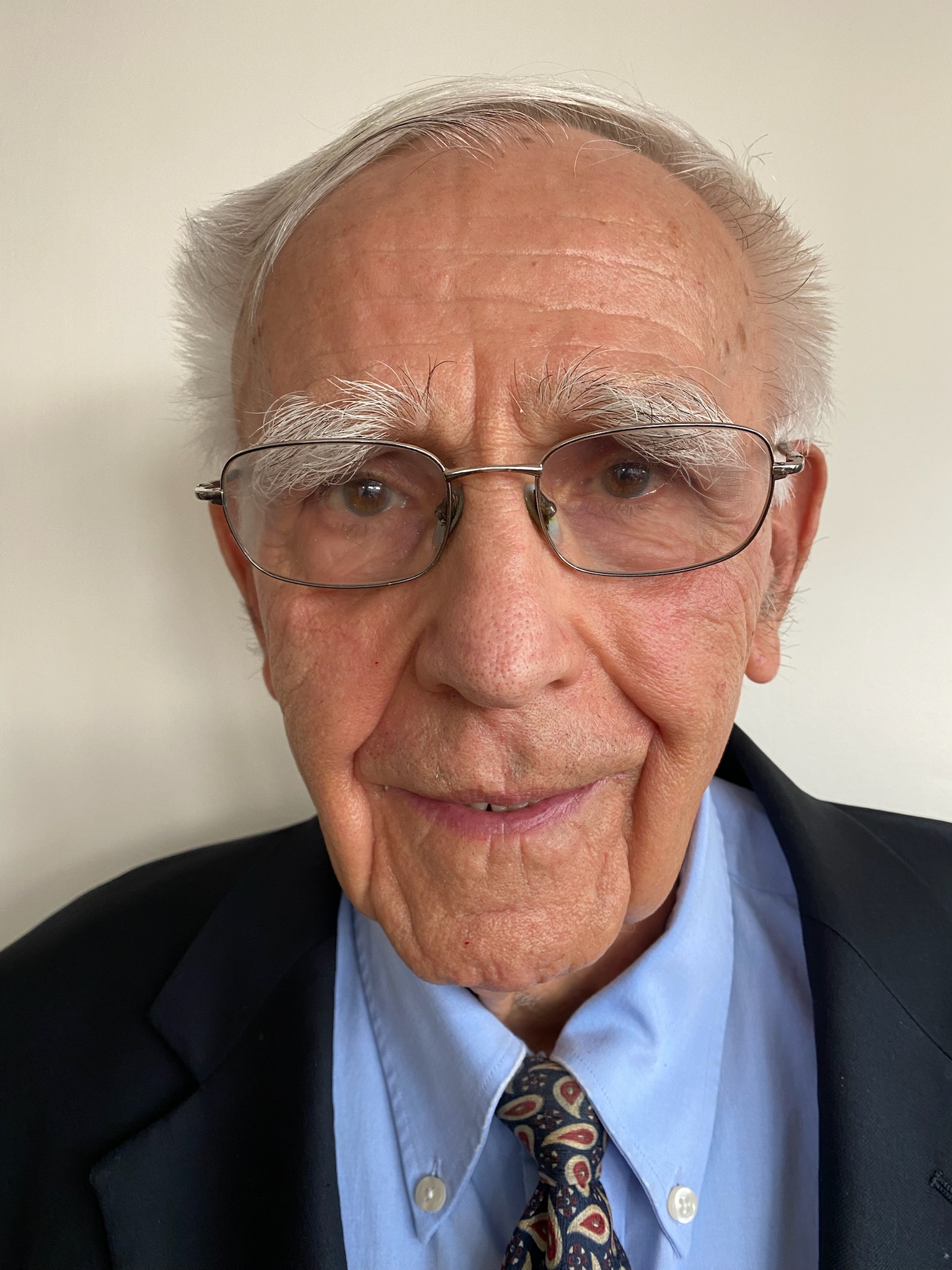Living healthier and longer while aging
We're ALL aging: to do it well, ask a Doc who's 'been there, done that'


After my last article on longevity and lifestyle, I received lots of mail and calls from readers wanting to read more on the topic. I don’t blame them; we would all like to live longer and stay healthy. Many would like to live to one hundred or more but only if they remain healthy, without being debilitated and a burden to society and their family. Centenarians, people living to be one hundred or more, are the fastest growing segment in our planet’s population today.
It is not just luck and genes determining how long our lifespan will be. What matters most is what we do with our life as we age. In three sections, I’ll try to explain the strategy for a longer and healthy lifestyle. The first section will include the three most important parameters in our daily living: nutrition, exercise, and sleeping. In the second section I will discuss the six other parameters for healthy aging: social interaction, attitude, hobbies, spirituality, sexuality, education, and the importance of constant learning. In the third section I will explain how these parameters impact our body’s functions on the cellular and molecular levels.
So, let’s start with nutrition. For all of us, food is a source of pleasure; we all like to eat, especially when the food is tasty and looks inviting. What matters in nutrition and aging is not only what we eat but how much we eat and how fast we eat.

Brooklyn Boro
View MoreNew York City’s most populous borough, Brooklyn, is home to nearly 2.6 million residents. If Brooklyn were an independent city it would be the fourth largest city in the United States. While Brooklyn has become the epitome of ‘cool and hip’ in recent years, for those that were born here, raised families here and improved communities over the years, Brooklyn has never been ‘uncool’.